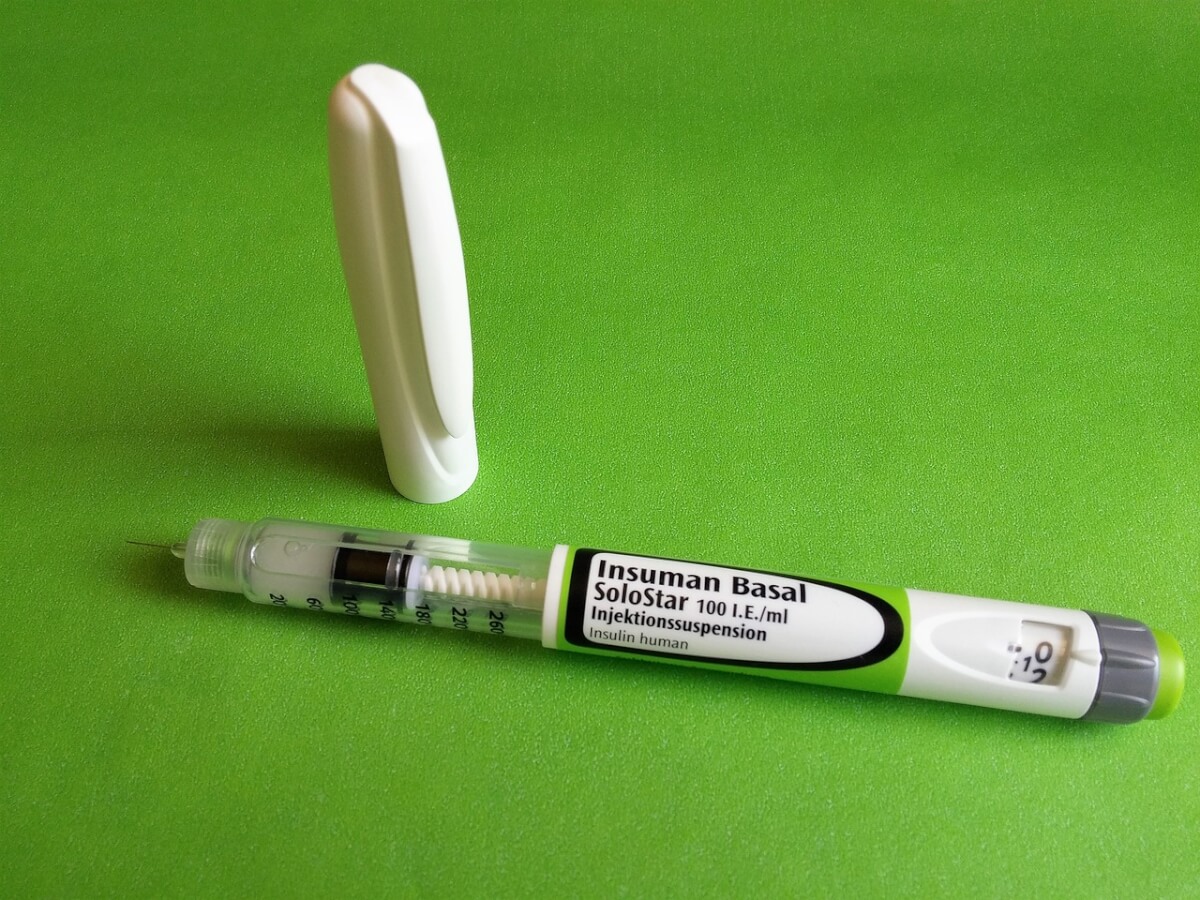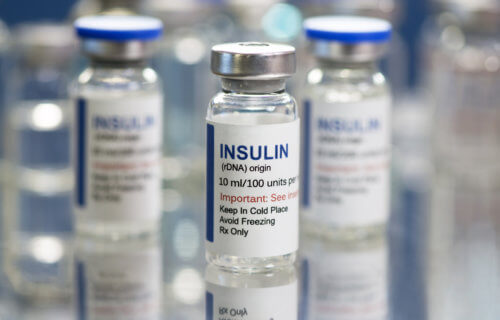WASHINGTON — At the beginning of 2023, the Biden Administration capped out-of-pocket insulin prices at $35. While that was hailed as a milestone, the cost of insulin in the United States still remains high. According to a RAND Corporation report, the gross price of insulin in the U.S. is more than nine times higher than that in 33 other wealthy nations worldwide, underscoring a long-standing issue of affordability and access to this essential medication.
Insulin, a critical drug for managing blood sugar levels in people with insulin-dependent diabetes, has seen its list prices in the U.S. soar dramatically since the early 2010s.
“Insulin prices in the United States have been increasing for many years and are substantially higher than in other middle- and high-income nations,” says study lead author Andrew Mulcahy, a senior health economist at RAND, a nonprofit research organization, in a media release.
This increase has been consistent, with federal analyses indicating average yearly price rises of 15 percent to 17 percent from 2012 to 2016 for various types of insulin. The RAND study sheds light on the stark differences in insulin pricing, revealing that even after accounting for rebates and discounts often provided by manufacturers, the price of a unit of insulin in the U.S. is still 2.3 times higher than in comparison nations.
The study’s findings are based on an analysis of IQVIA MIDAS data on insulin sales and volumes from 2017 through 2022, involving the U.S. and 33 nations that are part of the Organization for Economic Co-operation and Development (OECD).

The research presents a detailed comparison of both manufacturer gross prices, which impact U.S. patients paying out-of-pocket or without drug coverage, and estimated net prices after rebates. It found that U.S. manufacturer gross prices per 100 international units of insulin averaged 9.71 times higher than those in OECD comparison countries. Even when adjusting for discounts, U.S. net prices remained significantly higher, at 2.33 times those of the comparison countries.
The disparity in insulin pricing varies by country and insulin type but consistently shows the U.S. prices to be exorbitantly higher. For instance, U.S. manufacturer gross prices ranged from 4.57 times those in Mexico to an astonishing 37.99 times those in Turkey, with these comparisons remaining relatively stable from 2017 through 2022.
This issue of high insulin prices has significant implications for the millions of Americans dependent on insulin for their diabetes management. The financial burden can be particularly heavy for Medicare enrollees, who will, however, see some relief with the implementation of the Inflation Reduction Act. The act caps insulin cost-sharing at $35 per month for those on Medicare. There are also ongoing legislative efforts to extend this cap to individuals with employer or individual market coverage.
The RAND report, sponsored by the Office of the Assistant Secretary for Planning and Evaluation in the U.S. Department of Health and Human Services, brings critical attention to the urgent need for policy solutions to address the exorbitant cost of insulin in the U.S. As prices continue to rise, the call for measures to make insulin more affordable and accessible has never been more pressing, highlighting a crucial aspect of the broader debate on healthcare costs and drug pricing reform.

This should be illegal. It’s a necessity for some to even survive without it. At no cause of their own. They didn’t choose to be this way. 😔 Once again the US fails their own. Sure is a good thing they take care of everyone else. Smh. It’s sad, honestly.